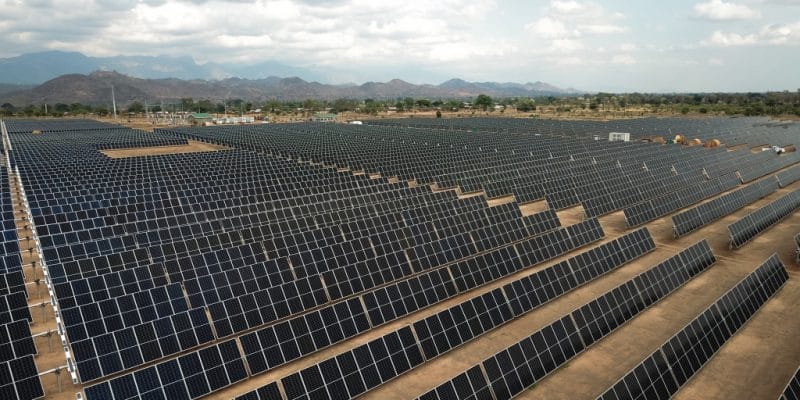The Board of Directors of the African Development Bank (AfDB) Group has approved the Energy Access Financing Framework (EAF). This is an $800 million program that will help stimulate commercial and local currency investments in decentralized renewable energy in Africa
The African Development Bank (AfDB) will contribute $164 million to the implementation of the Energy Access Financing Framework (EAF). The funding was recently approved by the Board of Directors of the pan-African bank based in Abidjan, Ivory Coast. The LEAF was developed in collaboration with the Green Climate Fund (GCF), with the objective of stimulating the financing of decentralized renewable energy in Africa.
These include solar home systems, green mini-grids, and commercial and industrial (C&I) solar solutions. These decentralized solutions enable the electrification of rural areas and provide clean electricity to businesses. The AfDB estimates that the implementation of LEAF will require an overall investment of $800 million. In addition to the AfDB funding, the program has received nearly $171 million from the GCF.
The impact of AfDB funding
According to the AfDB, the release of $164 million will finance 18 decentralized renewable energy projects in Ghana, Guinea, Ethiopia, Kenya, Nigeria and Tunisia. These projects, led by electricity service providers, are expected to benefit 6 million people and businesses. The facilities built through these projects are also expected to reduce emissions by 28.8 million tons of CO2 equivalent over their lifetime.
Read also- SAHEL: 379 M$ for the “Desert to Power” programme dedicated to solar energy
“The Energy Access Financing Framework will accelerate access to electricity from decentralized renewable energy solutions, thereby reducing the carbon footprint of the respective countries, but will do so with the active participation of the private sector, facilitated by the local currency financing and commercial capital available under the program,” explains Kevin Kariuki, AfDB Vice President for Power, Energy, Climate Change and Green Growth.
The 6-year LEAF is part of the AfDB’s off-grid energy strategy under the New Deal for Energy in Africa. It complements other existing initiatives, such as the Sustainable Energy Fund for Africa (SEFA), which benefits several African countries. The LEAF program will also support the achievement of Sustainable Development Goal (SDG) 7, which calls for universal access to clean and sustainable energy by 2030. Currently, just over 550 million Africans still lack access to this essential service, according to the International Renewable Energy Agency (IRENA).
Jean Marie Takouleu






